Test center and control procedures: CBS to reopen on April 6
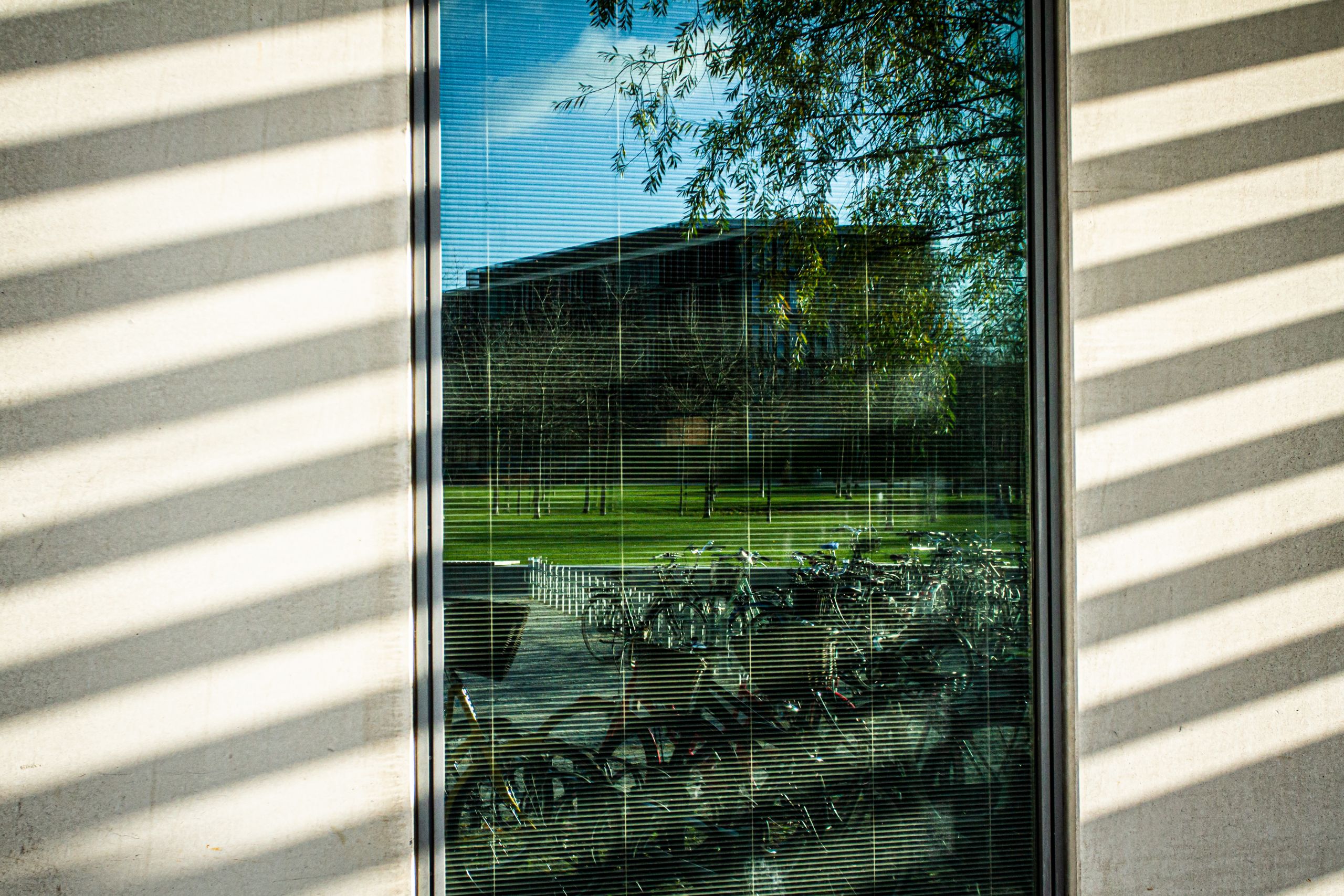
(Photo: Anna Holte)
A negative corona test taken within the past 72 hours will be your access card to the CBS campus when it reopens on April 6. CBS Students is seated at the table when CBS discusses detailed plans for the gradual reopening. “Study places and group rooms are first priority,” says the President of CBS Students.
Since the beginning of December 2020, CBS halls, group rooms, auditoriums and offices have all been deserted. On April 6 that will change – to some extent.
The Danish government, together with most of the political parties, has agreed on a plan for reopening Denmark, and the universities are next on the list for fewer restrictions.
“Students in their last year with many practical elements in their studies can return to 50% physical attendance, whereas all other university students can return to 20% physical attendance,” the Framework Agreement states.
Regarding the last group of students, the agreement asks the higher education institutions to “especially prioritize first-year students” and also points out that researchers and PhD students are to have access to laboratories, for example.
Mads Taudal Nyeng, President of CBS Students, is happy about the prospect of a gradual reopening.
“We welcome the possibility of returning. Now we must wait and see what is feasible, and whether it makes sense to change our teaching plans. Our first priority is to reopen study places and group rooms,” he says, explaining that after Easter, many students will have finished most of their teaching:
“Right now, the plan is for teaching to remain online until May 1, and maybe the certainty of that plan is worth more than returning for a few classes and changing plans.”
According to a memorandum on CBS Share written by Kirsten Winther Jørgensen, the University Director of CBS, the extent of the reopening remains unknown.
“However, it may include access to study spaces and group work at Solbjerg Plads for students, perhaps also at the Graduate House,” the memorandum states and continues:
“Ultimately, politicians will decide whether this reopening is feasible and to what extent, as it will depend on the infection rates, expectations and priorities at that time. We expect the Danish Parliament to make a final decision before Easter.”
Testing on campus
With the reopening, all students and employees will be required to show negative personal COVID-19 tests taken within the past 72 hours when in CBS buildings, the memorandum stipulates.
For this to happen, all universities have been asked by the Danish Agency for Higher Education and Science to establish local test centers for students and employees. The test center at CBS will be located right outside Café Nexus, and here students and staff will be able to conduct self-testing under supervision. You can read more about the specific procedures here.
According to the memorandum, CBS expects to be able to conduct approximately 700 tests daily.
In addition to establishing local test centers, all universities are required to continuously control the test results of students and employees. The process for students will be controlled by random sampling twice a week, and each local manager will be responsible for checking employees’ test results, according to the memorandum.
And sanctions will follow if students or staff cannot present negative tests. Students may risk temporary suspension from their studies, and staff may face disciplinary action, states the memorandum.
“I don’t believe we will see sanctions. I trust our students can cope with this and take on the responsibility, so it will not be a problem. But when we have to control the tests both for students and employees, sanctions, of some sort, must follow, and I think we will have steps in between reaching a temporary suspension. That’s my impression,” says Mads Taudal Nyeng.
Overall, Mads Taudal Nyeng does not doubt that the reopening, although it is not a full reopening, will impact the students’ wellbeing.
“This will definitely have a positive impact for the students who can come back to campus. We still don’t have many options for hosting social gatherings on campus, but just to getting out of their rooms or apartments will help. And as other restrictions are lifted, having a social life will generally be easier,” he says.
The extent of the reopening is what Mads Taudal Nyeng had expected for now.
“We kind of expected that study places would be a possibility, and we had not expected much more. And we probably won’t see a lot more than that this side of the summer. The significant changes that will make a difference for our students’ wellbeing will come after the summer, when I expect a whole different semester start,” he says.



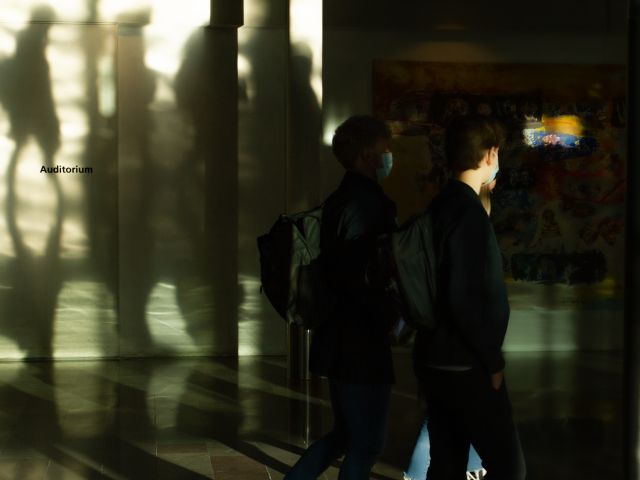
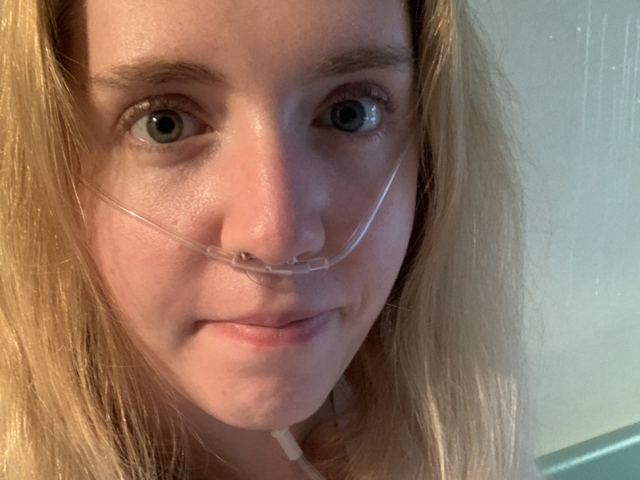

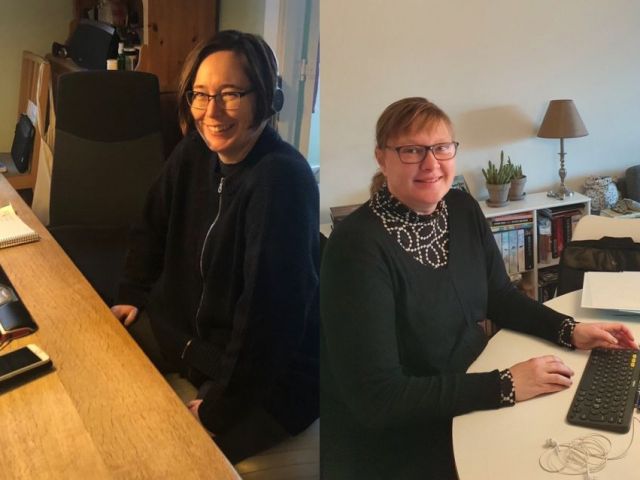
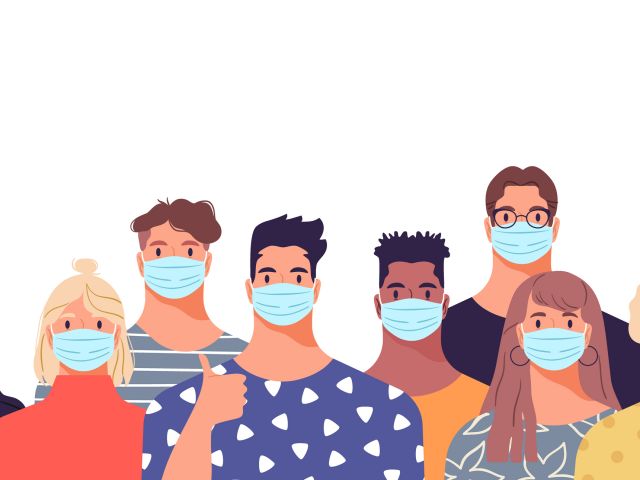

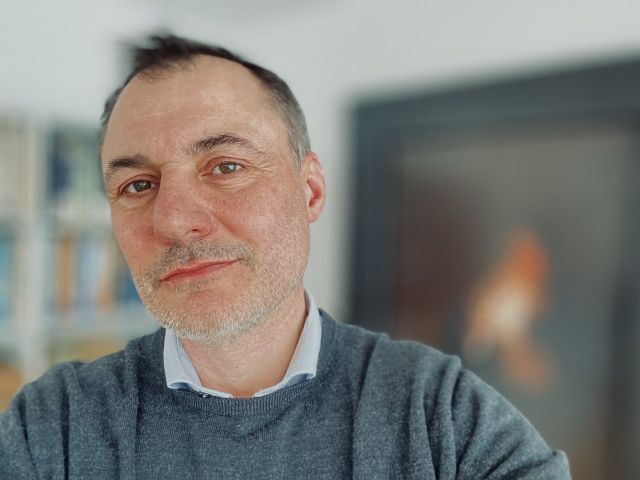




























































































































Comments